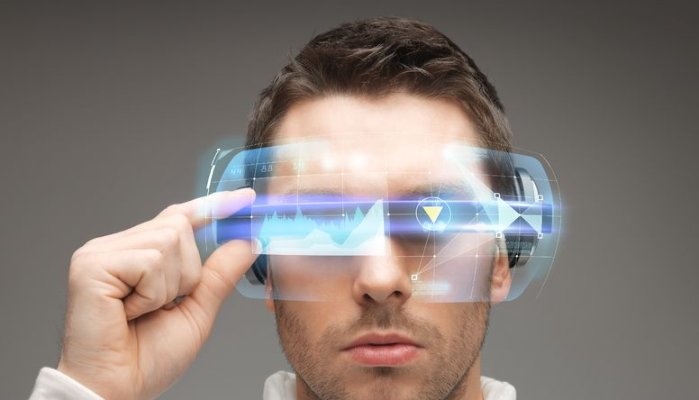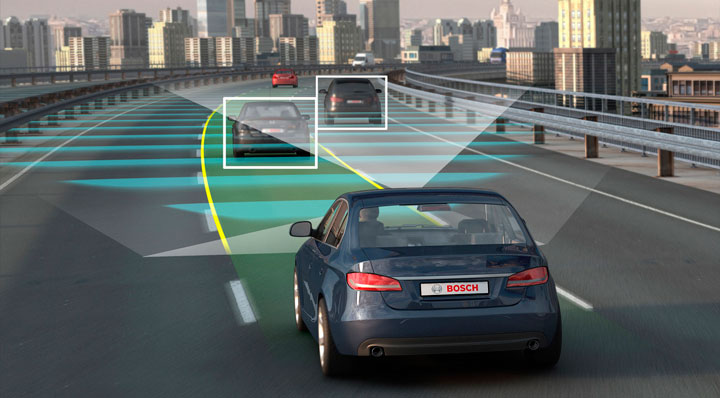The unattainability of a technological utopia in the modern world

No one likes to think about constraints, especially in the tech industry, where the idea of limit values for anything is viewed as anathema. In fact, it can be argued that this entire industry is built on the concept of 'breaking through' the limitations and activation of previously inaccessible opportunities. Technological progress has quite obviously created new opportunities and prospects and, in general, has improved the world around us.
But at a certain stage of development, there comes a point (and I believe that we have just reached it) when it is worth taking a step back and thinking and discussing the potential significance of technical limitations at several different levels.

On a technical level, we've reached a stage of development where a breakthrough in computational (AI) or medical applications raises more ethical questions than practical considerations about how they work and what they can be applied to. It is not surprising that there are no simple and transparent answers to these questions; it will take a lot of time and intellectual resources to create a software platform for both pertinent and inappropriate use cases for these potentially fateful technologies.
Does this mean that we need to end these technological breakthroughs? Of course not. But it is absolutely necessary to discuss the technologies being created and launched in more detail. Even on a practical level, it is becoming increasingly important to limit people's expectations of technology. With breakthroughs happening every day, akin to those in science fiction, it's easy to fall into their trap and assume that a given technology has no limits. As a result, people are more and more inclined to believe and accept almost any statement and prediction regarding the future of many emerging technologies, from self-driving cars to VR and AI machine learning. I hate to say this, but there is such a thing as fake news from the world of technology.
By analogy with the consequences of fake news from all sides of the political picture of the world, the negative consequences of the frantic and unlimited expectations from new technologies formed by unscrupulous sources are gradually becoming evident. By and large, we are gradually starting to live with pipe dreams of technological nirvana, which are clearly at odds with the real state of affairs in the modern world, especially in the often discussed time periods.

I believe that a significant part of the current views on the future direction of the technology industry is based on a variety of false facts, both impartial and biased.On the positive side, there is a feeling that technologies such as AI or autopilot in cars in a few years will solve a huge spectrum of societal problems. On the negative side, there are those who believe that the industry is going through a period of stagnation and are looking for the next 'big technology boom', which will replace smartphones.
None of these approaches are accurate, but ironically, both are based on the same myth of limitlessness that prevails in the thinking of the tech industry. For those who hold a positive point of view, in my opinion, it is extremely important to be able to accept technological limitations, but also to be able to present their 'talents'.
For example, there is nothing reprehensible in discussing the benefits that, for example, the same autopilot will give in cars in a particular region, but it is just as important to understand that such a scenario will not be universally applicable to everyone. In practical terms of realism, we are still far from the formed physical, legal, economic and political platform for self-driving cars and their large-scale impact on the passenger transportation system. On the other hand, in the next few years it is quite realistic to expect that unmanned transport technologies will still be able to change the system and the transport fleet itself.

It is important for pessimists to recognize that a useful and successful technology must have universal application. Take, for example, the newly launched Google Glass, which no longer aspires to be the disruptive computing device that revolutionized the industry it was originally positioned to be. Instead, smart glasses have been focused (or limited) on work applications in-service. As a result, Google Glass will not have sales at the iPhone level, but that's okay, as the device now actually works as intended.
There is nothing demeaning about publicly admitting that certain technologies 'do not do something'; this is not an indicator of weakness, but rather of strength. In fact, this creates a more realistic scenario for their success. By analogy, recognizing that even one technology alone can be called truly great does not mean that it will be so for all scenarios and that it is a sign of failure. Some technologies and products can ideally fit only into specific market sub-segments and still be successful from a technical and financial point of view.
Be that as it may, if we continue to believe that every new technology or concept is capable of expanding without borders, then we will face all-round disappointment. If we instead look at them within a narrower and (in some cases) specialized context, then we are more likely to be able to pinpoint their capabilities and align our expectations in accordance with the findings. This is not a limitation, it is a potential.
Original material by Bob O'Donnell
The innovation race is often ahead of users' requests and dreams, but everything has its limits, so the perfect technological world, which the scriptwriters of science fiction films dream about and which geeks admire, is so far from reality. The author tries to bring such dreamers closer to the 'earth', illustrating his idea with the pretentious and audacious Google Glass project, which retreated due to uncalculated aspects and precedents. However, this, in theory, did not prevent the 'glasses' from becoming in demand, even if not among the mass user, but still.
